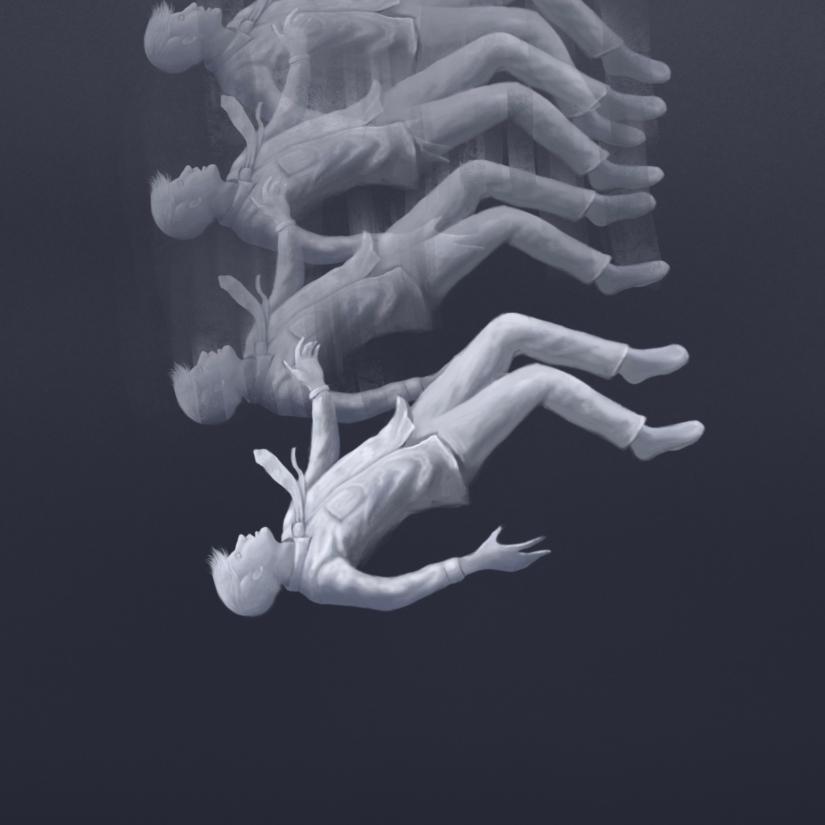
Last week, the Committee to Protect Journalists launched a special report on the killing of 20 journalists, a vast majority of them Palestinians, by the Israeli Defence Forces (IDF) over the last two decades. The findings are predictably depressing and raise serious concerns not only for the safety of Palestinian and foreign journalists but also underscore broader implications for press freedom and independent reporting in the region.
Calling to end impunity for crimes against journalists, the report, titled ‘Deadly Pattern’, sheds light on a discernible trend in the Israeli military’s handling of journalists’ killings in the occupied territories, and suggests that Israeli officials push false narratives to deflect responsibility and avoiding accountability.
The report also draws attention to the Israeli forces’ worrying disregard of press insignia, and a common trend of branding slain journalists as ‘Palestinian terrorists’ — a reference to the case of slain photojournalist Yaser Murtaja, who was killed by Israeli fire in April 2018, despite wearing a press jacket. Israeli officials later accused Murtaja of being a ‘Hamas terrorist’, an allegation that was never proven.
The CJP report also found that Israel discounted evidence and witness claims, and in cases where an investigation was ultimately launched into the killing of a journalist, inquiries were slow and not transparent.
The damning report makes 12 recommendations, addressed individually to Israel, the US, and the international community. These include asking Israel to open criminal investigations into the cases of three murdered journalists, including Murtaja; the US to initiate a comprehensive public update on the status of the FBI’s investigation into the killing of Al-Jazeera Arabic correspondent Shireen Abu Akleh, who was an American citizen; and the international community to revise IDF rules of engagement so further journalists’ deaths can be avoided.
The report comes a year after Akleh was fatally shot by an IDF soldier in the northern occupied West Bank town of Jeni on 15 May 2022. The Al Jazeera Media Network filed a complaint at the International Criminal Court (ICC) in December 2022, prompting a reaction from Israel’s Prime Minister Yair Lapid, who refused to interrogate IDF troops on Akleh’s killing.
The Network’s complaint will be assessed by the ICC before it can be accepted for investigation. This is a standard protocol to evaluate if there is a valid reason to commence an investigation. If accepted, it will be interesting to see how Israeli officials respond to the inquiry since Israel does not recognise the ICC’s authority in investigating possible war crimes in the occupied territories.


